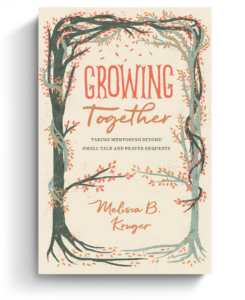
Parents, Don't Share Your Children's Sins in Public
Parents should be cautious about publicly sharing their children's sins and misbehavior, even within Christian communities. While seeking counsel about parenting challenges is appropriate, broadcasting children's wrongdoings can be harmful for several important reasons.
Children deserve dignity and respect as image-bearers of God. Though they are under parental authority, they aren't possessions whose stories belong to their parents. Parents should treat their children as neighbors, looking out for their interests and treating them as they would want to be treated themselves.
Publicly sharing children's sins can distort their understanding of the gospel in three ways:
- It can wrongly suggest that parents are the primary offended party, rather than God
- It may trivialize sin when shared with eye-rolling or humor
- It risks making children feel their sinful condition is hopeless
While it's fine to share funny or endearing stories about children, their sins and struggles should be handled privately and with grace. Parents should focus on whispering the gospel directly to their children, helping them understand that their specific sins were atoned for by Christ.

Book cover: Growing Together
When children struggle with sin, parents should:
- Seek counsel privately when needed
- Address issues personally with the child
- Point them to Christ's redemptive work
- Maintain their dignity and privacy
- Focus on restoration rather than public sharing
The goal is to help children understand both the seriousness of sin and the hope found in Christ's forgiveness, rather than making their struggles a source of public commentary or entertainment.
Related Articles

The Sacred Call of Being a Keeper: What Scripture Teaches About Guardianship

